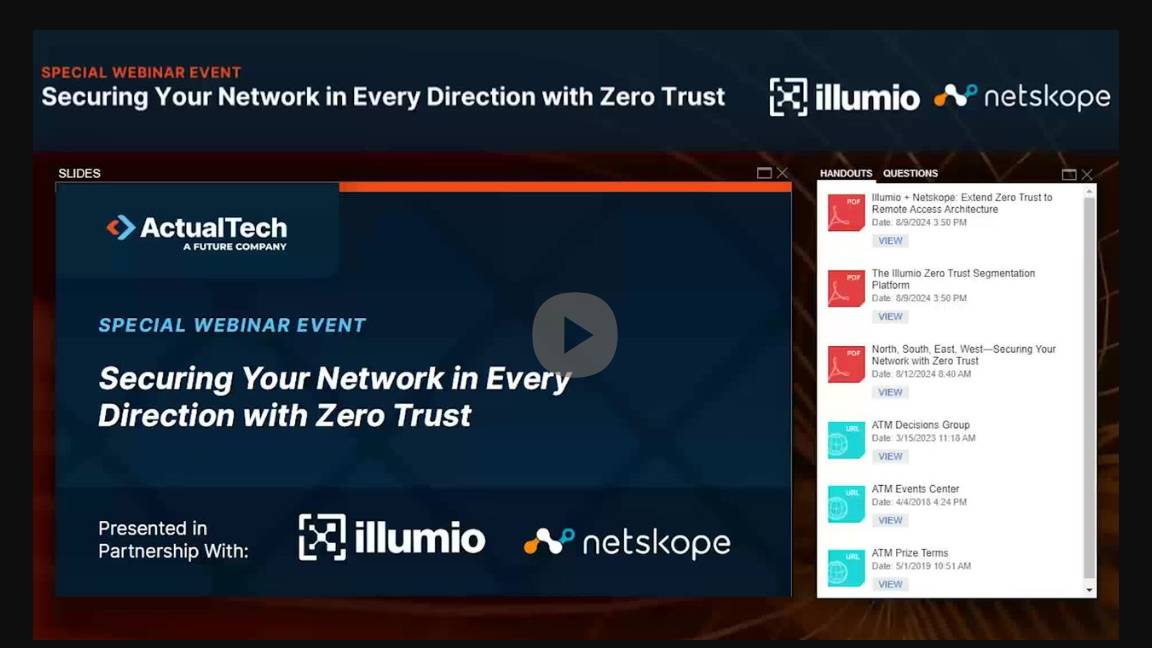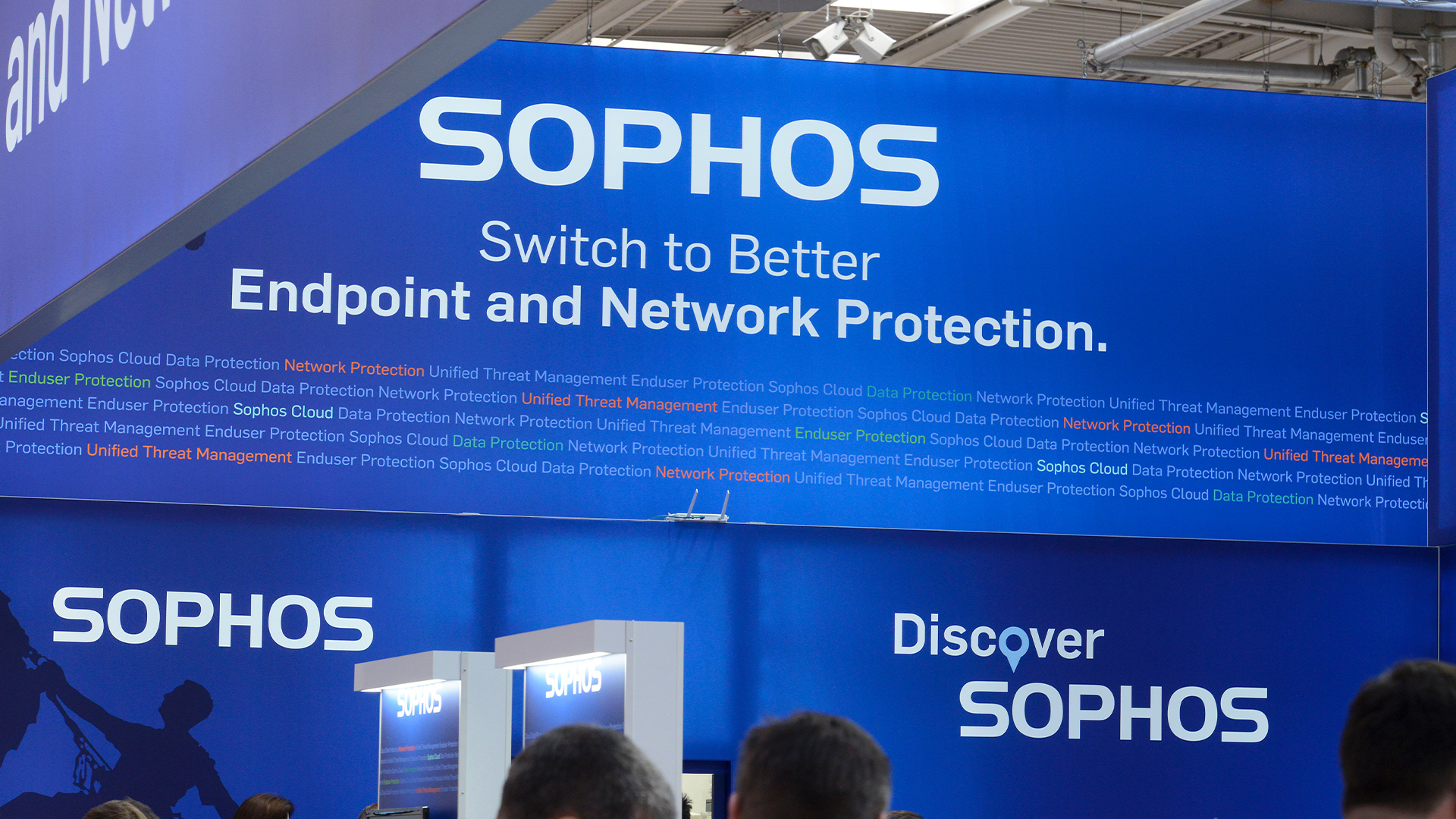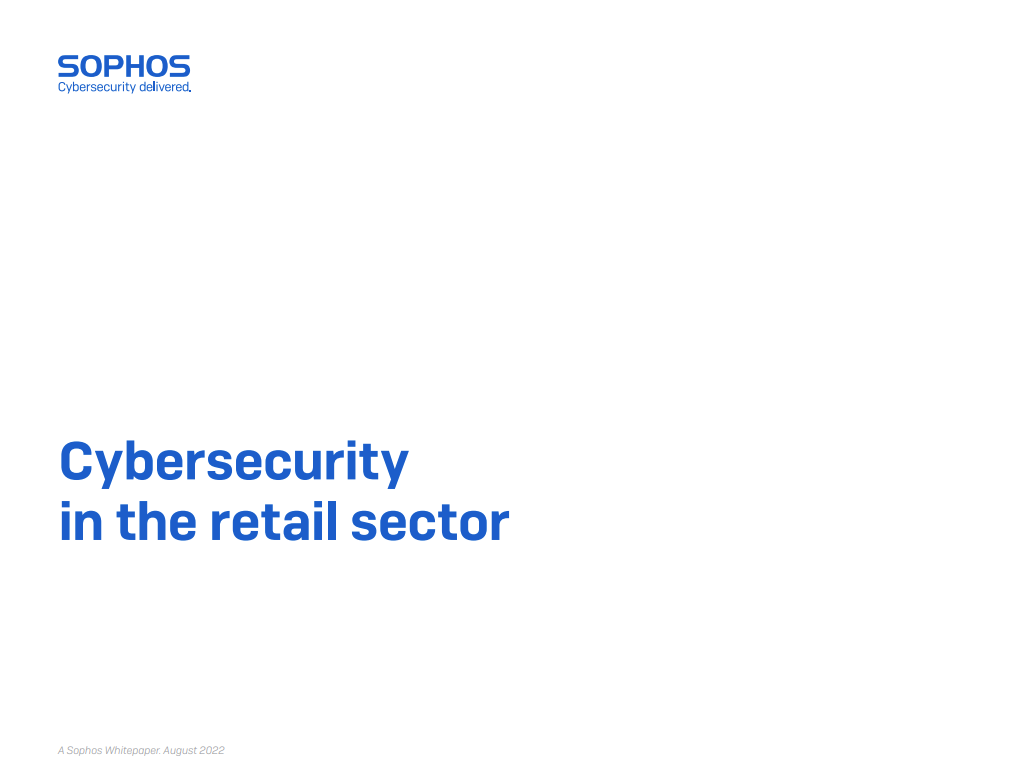96% of SMBs are missing critical cybersecurity skills – here's why
The skills shortage hits SMBs worse as they often suffer from a lack of budget and resources


The vast majority of small and medium-sized businesses (SMBs) have gaps in their cyber skills and expertise, according to research from Sophos.
96% SMBs find at least one aspect of investigating suspicious alerts difficult, with specific tasks including identifying which signals to investigate, prioritizing which signals to probe, or keeping accurate records.
Sophos’ survey fielded responses from 5,000 IT and cybersecurity professionals across 14 countries and was conducted in Q1 2024.
The security firm found that organizations with fewer than 500 staff - the definition of SMB for this report - perceive a shortage of in-house cybersecurity skills and expertise to be their second biggest security risk.
By comparison, this factor ranks seventh in cyber threats for organizations with over 500 staff members.
The report noted that smaller teams make it more challenging for IT workers to take time out for security education and means staff have fewer opportunities to benefit from peer-to-peer learning.
The report also found that a third (33%) of the time, no one is actively monitoring, investigating, or responding to security alerts in SMBs.
Sign up today and you will receive a free copy of our Future Focus 2025 report - the leading guidance on AI, cybersecurity and other IT challenges as per 700+ senior executives
“SMBs are most acutely impacted by the cyber security skills shortage,” Ben Aung, Sage’s chief risk officer, told ITPro.
“They have neither the budgets nor career opportunities to compete against larger organizations for cybersecurity talent, and often lack the capabilities and resources to bring in new entrants and train them up,” he added.
Simplified solutions are key to SMB cybersecurity
As SMBs are critical to the supply chain of larger organizations, Aung said, it's important that governments, larger firms, and resellers meet the challenge of the SMB cyber skills shortage. The key, he thinks, is simplicity.
“These organizations can significantly reduce SMBs' cyber risks by offering technology and services which are secure, easy to configure and operate right out of the box,” he said.
“SMBs should be able to take advantage of digital tools and the cloud without needing a PhD in cyber security - it should be simple to enable multi-factor authentication (MFA), set user access permissions and important controls like security patching and data backups should just be set up by default,” he added.
Concerns over cyber skills shortages come amid a period of escalating threats for SMBs globally. Research from Kaspersky earlier this year, for example, found the number of cyber infections experienced by small businesses in Q1 rose by 5% compared to the same period in 2023.
RELATED WEBINAR

Over 2,400 firms encountered malware on their systems, with the most common form of attack being trojans that often find their way into IT systems under the guise of legitimate software.
Similarly, a recent study from Vodafone found nearly half (43%) of all cyber attacks in the UK specifically target SMBs. The impact this has on small businesses cannot be understated, the study found, with around 60% of these leading to business closures within just six months.
More from ITPro
- Why ransomware attacks happen to small businesses – and how to stop them
- SMB security gaps drive new opportunities for channel players
- Cyber crime cost UK businesses more than £30 billion in 2023, and small businesses were among the worst hit

George Fitzmaurice is a former Staff Writer at ITPro and ChannelPro, with a particular interest in AI regulation, data legislation, and market development. After graduating from the University of Oxford with a degree in English Language and Literature, he undertook an internship at the New Statesman before starting at ITPro. Outside of the office, George is both an aspiring musician and an avid reader.
-
 AWS just quietly increased EC2 Capacity Block prices – here's what you need to know
AWS just quietly increased EC2 Capacity Block prices – here's what you need to knowNews The AWS price increases mean booking GPU capacity in advance just got more expensive
-
 Accenture acquires Faculty, poaches CEO in bid to drive client AI adoption
Accenture acquires Faculty, poaches CEO in bid to drive client AI adoptionNews The Faculty acquisition will help Accenture streamline AI adoption processes
-
 Ransomware victims are getting better at haggling with hackers
Ransomware victims are getting better at haggling with hackersNews While nearly half of companies paid a ransom to get their data back last year, victims are taking an increasingly hard line with hackers to strike fair deals.
-
 Sophos Firewall Virtual review: Affordable network protection for those that like it virtualized
Sophos Firewall Virtual review: Affordable network protection for those that like it virtualizedReviews Extreme network security that's cheaper than a hardware appliance and just as easy to deploy
-
 MSPs are struggling with cyber security skills shortages
MSPs are struggling with cyber security skills shortagesNews A shortage of tools and difficulties keeping pace with solutions were also ranked as key issues for MSPs
-
 Nearly 70 software vendors sign up to CISA’s cyber resilience program
Nearly 70 software vendors sign up to CISA’s cyber resilience programNews Major software manufacturers pledge to a voluntary framework aimed at boosting cyber resilience of customers across the US
-
 Sophos and Tenable team up to launch new managed risk service
Sophos and Tenable team up to launch new managed risk serviceNews The new fully managed service aims to help organizations manage and protect external attack surfaces
-
 Ransomware groups are using media coverage to coerce victims into paying
Ransomware groups are using media coverage to coerce victims into payingNews Threat actors are starting to see the benefits of a more sophisticated media strategy for extracting ransoms
-
 Shrinking cyber attack “dwell times” highlight growing war of attrition with threat actors
Shrinking cyber attack “dwell times” highlight growing war of attrition with threat actorsNews While teams are becoming more proficient at detecting threats, attackers are augmenting their strategies
-
 Cyber security in the retail sector
Cyber security in the retail sectorWhitepapers Retailers need to ensure their business operations and internal data aren't breached